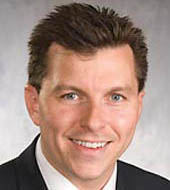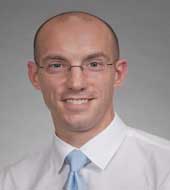Summary
Definition
History and exam
Key diagnostic factors
- presence of risk factors
- ≥2-year period of seasonally related changes in mood
- autumn or winter depression
- spring or summer symptom remission
- atypical depressive symptoms
- vegetative depressive symptoms
- spring or summer manic or hypomanic symptoms
- spring or summer depression
- manic/hypomanic symptoms
Other diagnostic factors
- somatic symptoms
- behavioural withdrawal
- functional impairments
- excessive alcohol use
- tachycardia
- increased systolic blood pressure
- restlessness
Risk factors
- exposure to diminished light during winter and increased light during summer
- residing at a northern latitude
- family history of seasonal affective disorder (SAD)
- female sex
- age 20 to 30 years
- psychological factors (e.g., high neuroticism)
- psychiatric comorbidity (e.g., anxiety, ADHD, premenstrual dysphoric disorders)
- alcohol use
Diagnostic investigations
Investigations to consider
- blood metabolic panel
- serum thyroid-stimulating hormone
- toxicology screen (urine and blood)
Treatment algorithm
Contributors
Authors
Craig N. Sawchuk, PhD

Associate Professor
Co-Chair, Division of Integrated Behavioral Health
Department of Psychiatry and Psychology
Mayo Clinic
Rochester
MN
Disclosures
CNS declares that he has no competing interests.
Jason P. Veitengruber, MD

Assistant Professor
Department of Psychiatry and Behavioral Sciences
University of Washington School of Medicine
Seattle
WA
Disclosures
JPV declares that he has no competing interests.
William B. Leasure, MD
Clinical Instructor
Department of Psychiatry and Psychology
Mayo Clinic
Rochester
MN
Disclosures
WBL declares that he has no competing interests.
Peer reviewers
Gregory W. Dalack, MD
Professor and Chair
University of Michigan
Department of Psychiatry
Ann Arbor
MI
Disclosures
GWD declares that he has no competing interests.
Dietmar Winkler, MD
Department of Psychiatry and Psychotherapy
Medical University of Vienna
Vienna
Austria
Disclosures
DW is an author of a number of references cited in this topic. DW declares that he has no competing interests.
Use of this content is subject to our disclaimer